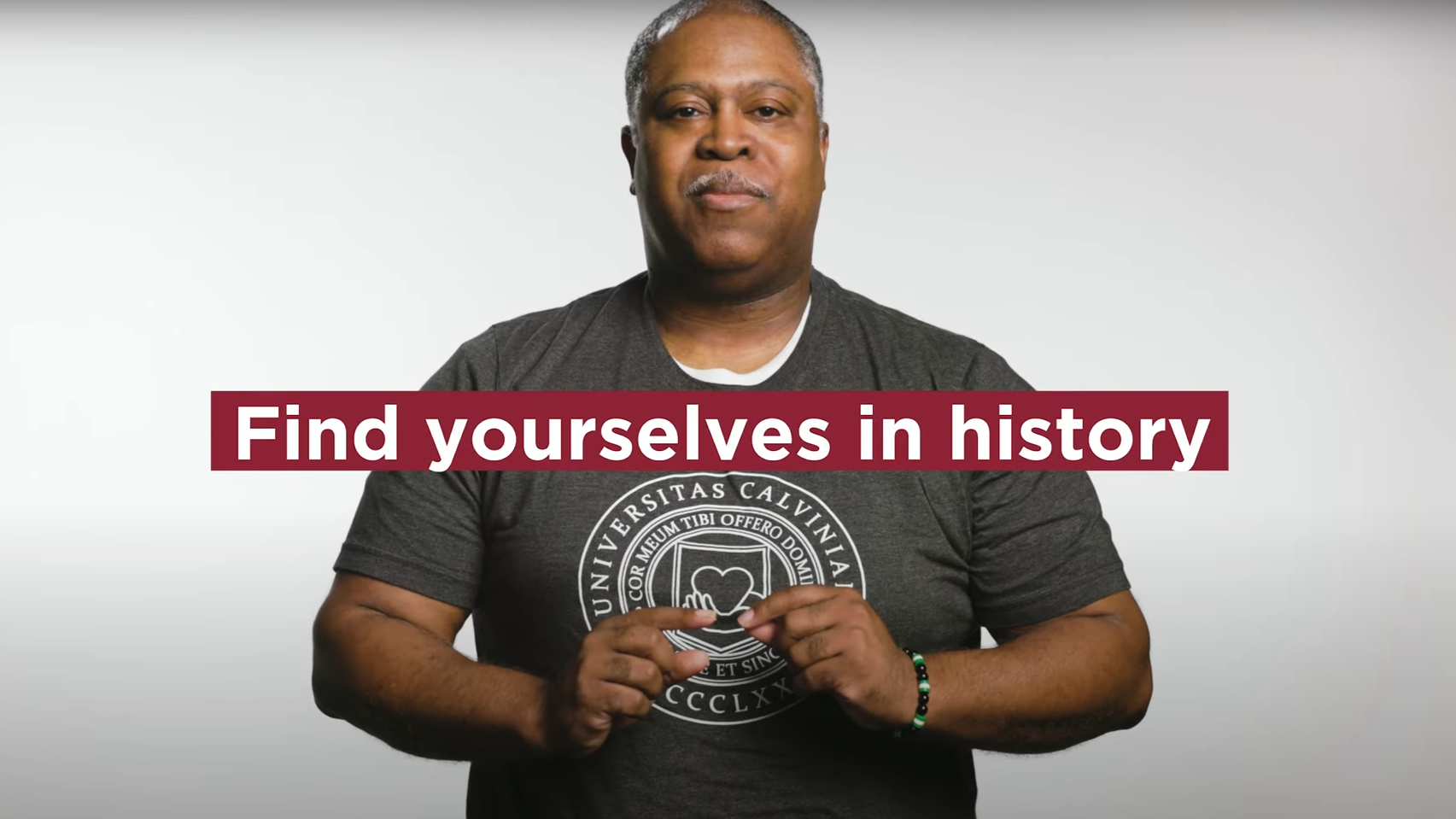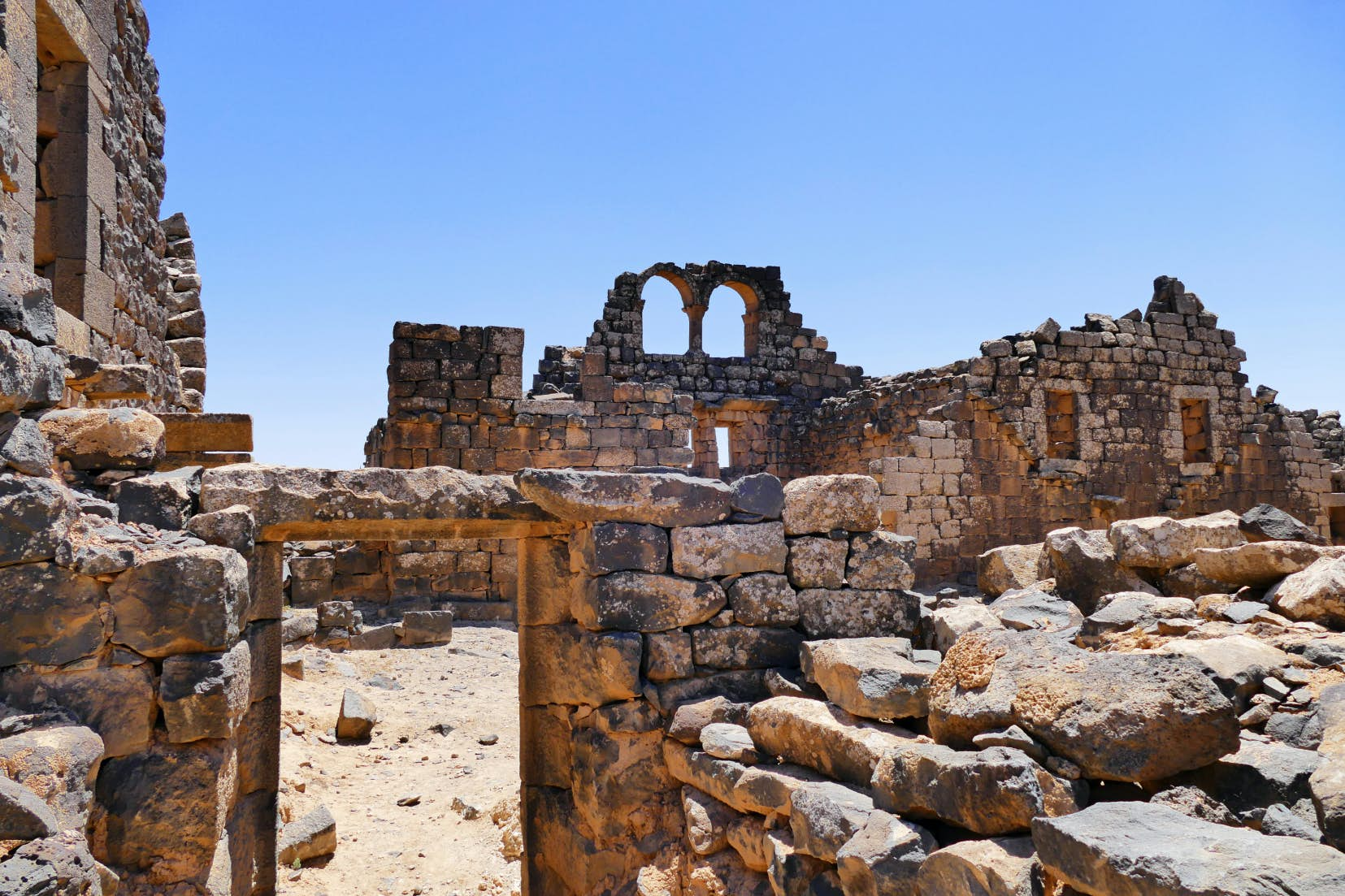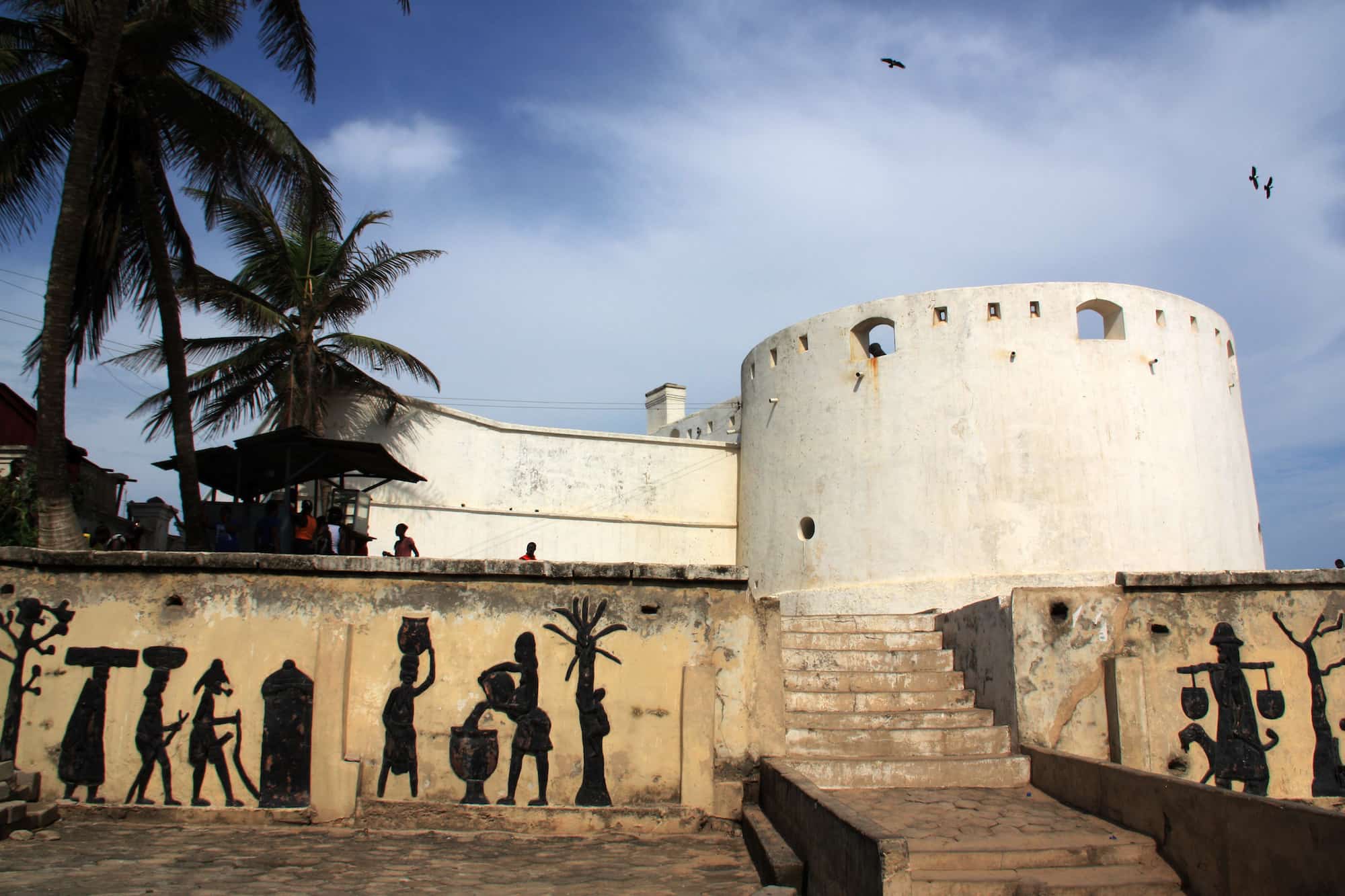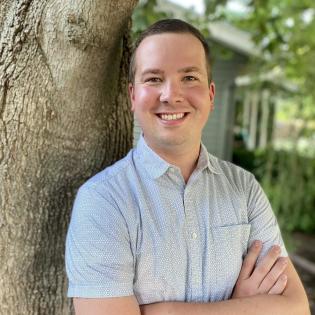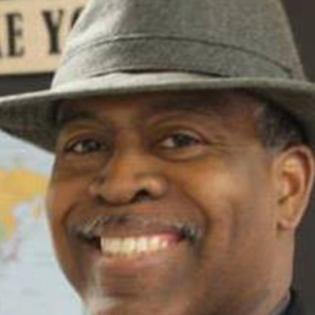What You'll Learn
A history major prepares you for a wide range of pursuits. You might pursue a career in teaching, public service, graduate or professional school (such as law or medicine), media, ministry, and business. You'll acquire strong skills in writing, research, critical thinking, and public speaking, while you engage with a broad range of cultures and eras.
After framing your coursework with a survey course in global history, build research and writing skills in our Research Methods of History course. Then choose from a wide range of electives to explore your own interests, all while opening doors to your career goals. Finally, bring it all together in our capstone course as you reflect on vocation as a Christian historian.
What Makes This Program Great
Gifted faculty Collaborate with highly respected faculty who are published experts on topics ranging from the Ottoman Empire to the contemporary African American church. They’re committed Christians who prioritize your learning and are personally invested in your success.
Open doors You’ll learn about history through small classes, internships, off-campus programs, and independent research projects. You’ll learn more than just historical facts—you’ll learn how to uncover information, appreciate different perspectives, test your own theories, and communicate your findings.
Future leaders Join a legacy of history majors who are in high demand in a wide range of professions. Our students go on to success in many fields because they think deeply, write clearly, and work effectively in any career they pursue.
Combines well History can readily be combined with a minor or second major, or with a pre-professional or professional track such as pre-law, pre-medicine, public health, or business.
- Loading...
- Loading...







